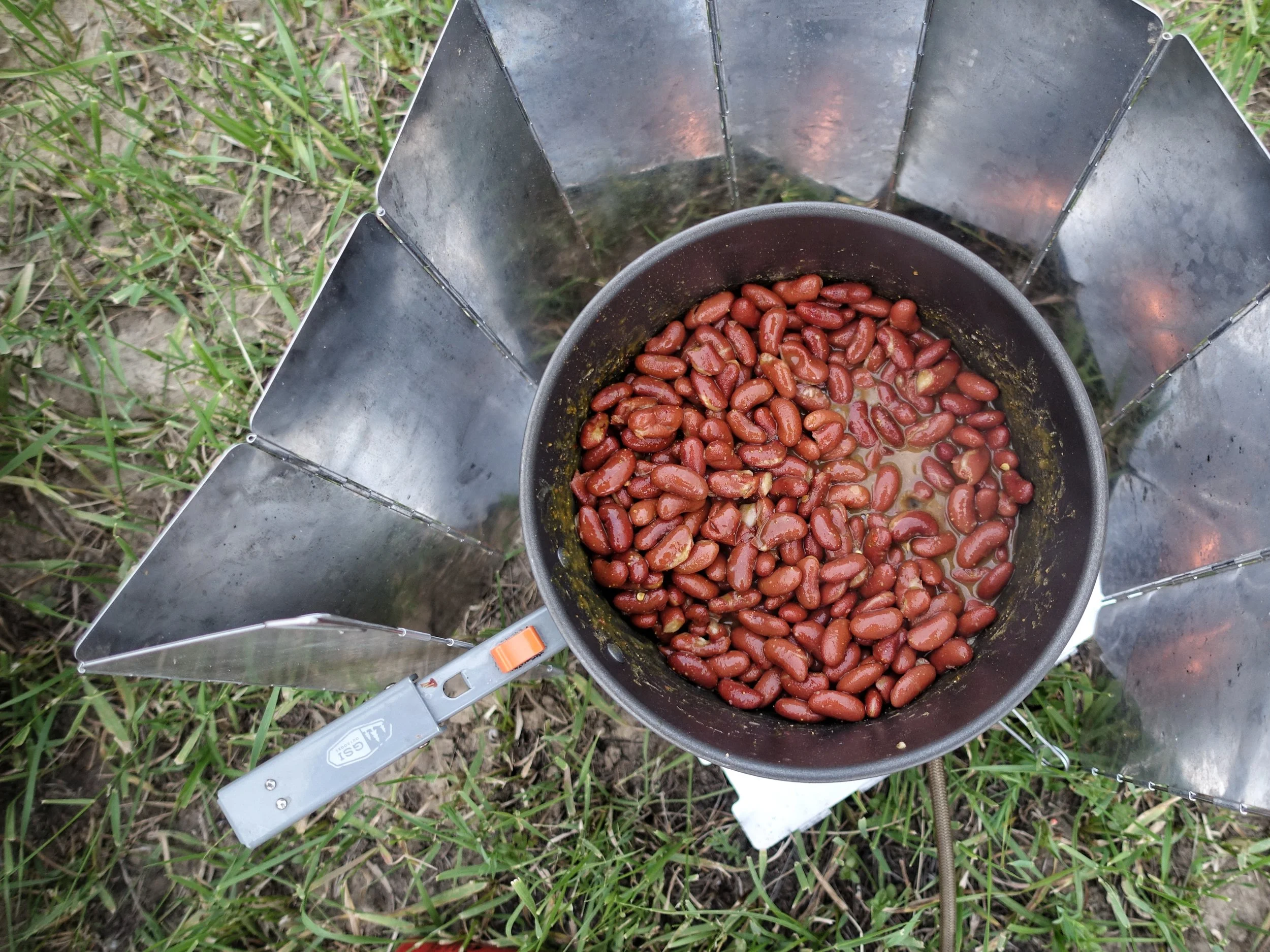For six months across Africa, we didn't really know. We don't exactly count our kilometers. We aren't traveling with an odometer or cycle computer or live Strava tracker. We just bike, with a very rough sense of how far we've come since morning. And so our answers have always been a little vague. Depends on the roads: up or down, gravel or paved. Depends on the winds: bad, or really bad. You mean in general? Uh, between zero and one hundred kilometers per day?
But no more. Finally, seven months since starting our bike ride, we have a slightly better sense of our pace.
